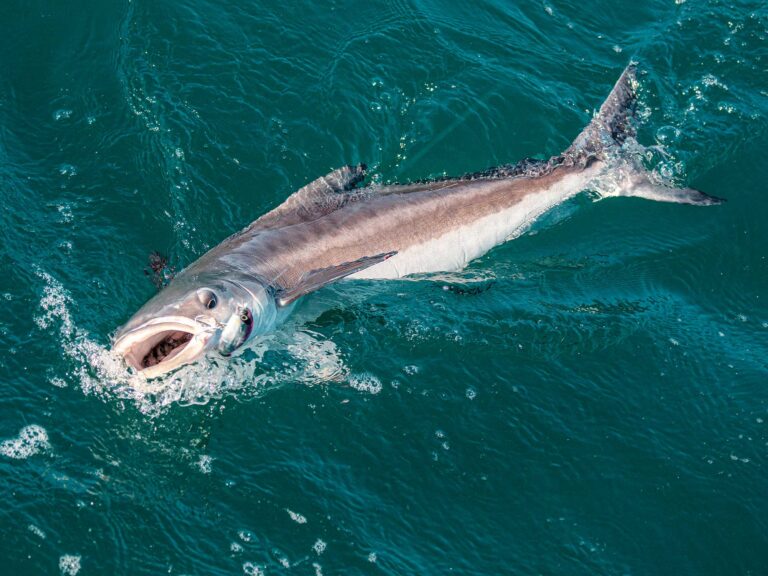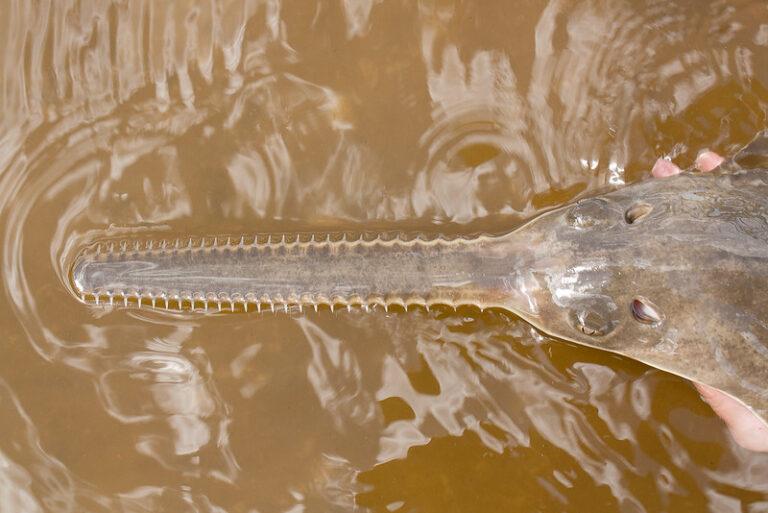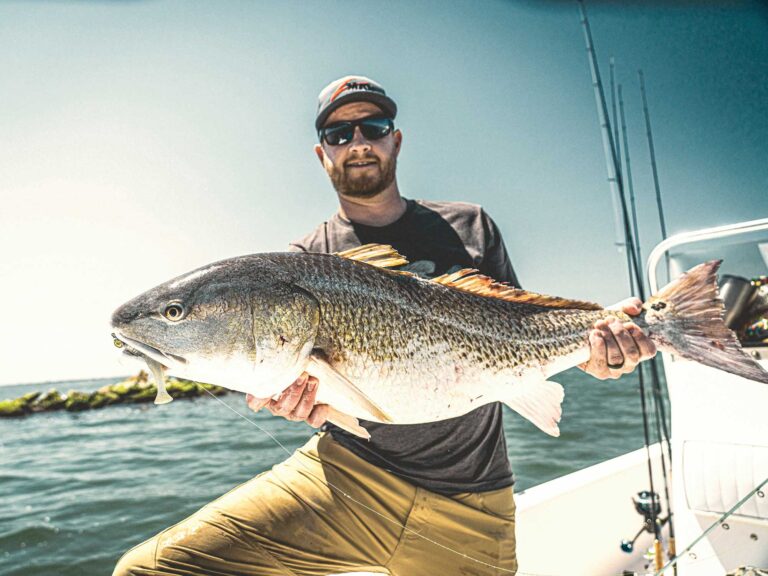
sausage making
Writing this month’s column is asking for trouble, and trouble already knows where I live. Since this effort has to be completed way ahead to meet all the deadlines, making guesses about what will come out of the federal sausage maker in Washington, D.C., is just that — a guess. So I’ll focus on some things that should be easy.
Get Flexible
The Magnuson-Stevens Act (MSA) should get reauthorized every 10 years. If one were to look at what happened in the past, it seems that Congress takes up reauthorization of this legislation when there is enough saber rattling to get their attention. With at least some in the recreational-fishing industry, and the commercial as well, there has been ample noise over the “F” word: “flexibility” in the rebuilding period mandated in the current iteration of MSA. As I have discussed previously, I remain skeptical that the suggested changes will benefit the recreational fisherman. I have not heard of a solution that will definitely resolve the flexibility problem, and benefit the resource and the recreational user at the same time.
Since Rep. Doc Hastings (R-Wash.), who chairs the House Committee on Natural Resources, introduced legislation to reauthorize MSA late in 2013, this is where we’ll focus our attention. His bill is titled “Strengthening Fishing Communities and Increasing Flexibility in Fisheries Management Act.” Golly, who would not support all that? I’d be the first to say that if I thought this is what the bill would do, I’m in. But my reading of it says differently. What comes out of the sausage-making process will be different from what is currently written.
Apples and Oranges
The bill addresses**** several major areas. Obviously, as the title indicates, it addresses the “flexibility” issue. If the bill were to go through as currently written, it would, in my opinion, allow the Regional Fishery Management councils a great deal of latitude in how they rebuild what would be called depleted stocks. In the current MSA, we call these stocks overfished. My guess is that some in the commercial-fishing industry have a sensitivity to the “overfished” term and feel that it does not reflect the fact that there might be some environmental factors that impact stock abundance. The terminology change is not a big deal, and the required NOAA annual report to Congress on the status of the stocks would have to disclose which stocks were depleted due to fishing activity and those depleted due to environmental factors. However, I continue to believe that increased flexibility will lead to widespread use of constant-harvest strategy, and this is somewhat concerning. Remember that anglers use the least-efficient gear, and need healthy stocks to yield angling success and encourge an increase in numbers of fishing trips.
Sound Data
The bill also looks at how the current law interacts with the National Environmental Policy Act. While the discussion is short, I think this is a complicated issue, if I understand it, and will cause a great deal of debate. One of the modifications the bill promotes is the development and implementation of electronic monitoring for the commercial industry. Recreational interests should support this idea because it would improve the data flowing into the stock-assessment process, and be cost efficient.

From the standpoint of the recreational-fishing industry, there are several elements missing. First there needs to be a stated process for councils to revisit allocations, primarily for those resources shared by both commercial and recreational users. There are some current guidelines, but they are not specific enough to require action on the part of councils. With a changing ocean environment, populations of fish are moving to new areas, and this will impact catch rates. Allocations based on historic catches may no longer represent actual catches, and should be revisited on a set time frame.
Manage to Fit
Next, it is imperative**** that MSA recognizes the need to manage recreational fisheries with management processes that are different from those used for the commercial industry. This is a real case where one size does not fit all. There also needs to be a definition for recreational fishing that is more comprehensive than the existing one: “Recreational fishing means fishing for sport or pleasure.” This simply does not get at the value of the recreational industry. I would like to see something like: “Recreational fishing means fishing in which the fish is taken for personal use or released, and provides socio-economic benefits to participants and the nation.”
It is impossible at this point to tell what will come from the reauthorization process. Some believe there will be minimal changes. Some believe status quo will be the outcome. Most believe that in an election year with a lot of other major issues on the table, there will not be a major overhaul of this act. Time will tell.









